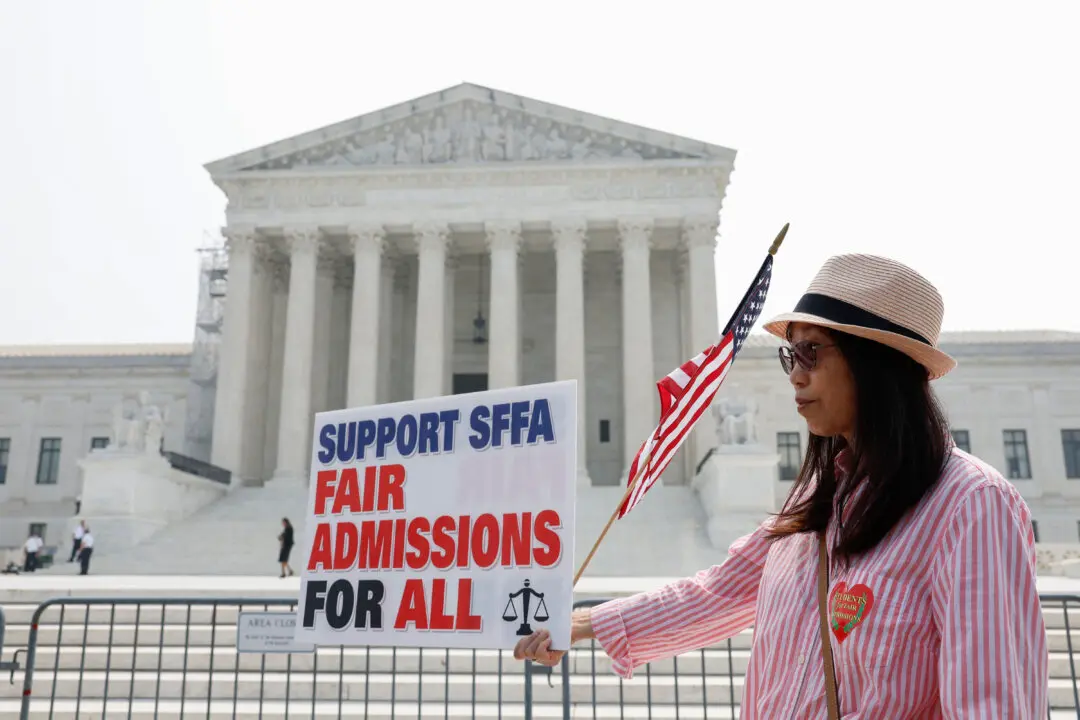President Joe Biden’s administration is circulating new guidance for how colleges and universities can promote diversity after a recent U.S. Supreme Court decision striking down race-based affirmative action admission policies.
In June, the Supreme Court ruled in the case of Students for Fair Admissions (SFFA) v. Harvard that race-based affirmative action at colleges and universities is unconstitutional. President Biden was quick to register his disagreement with the court’s decision.





